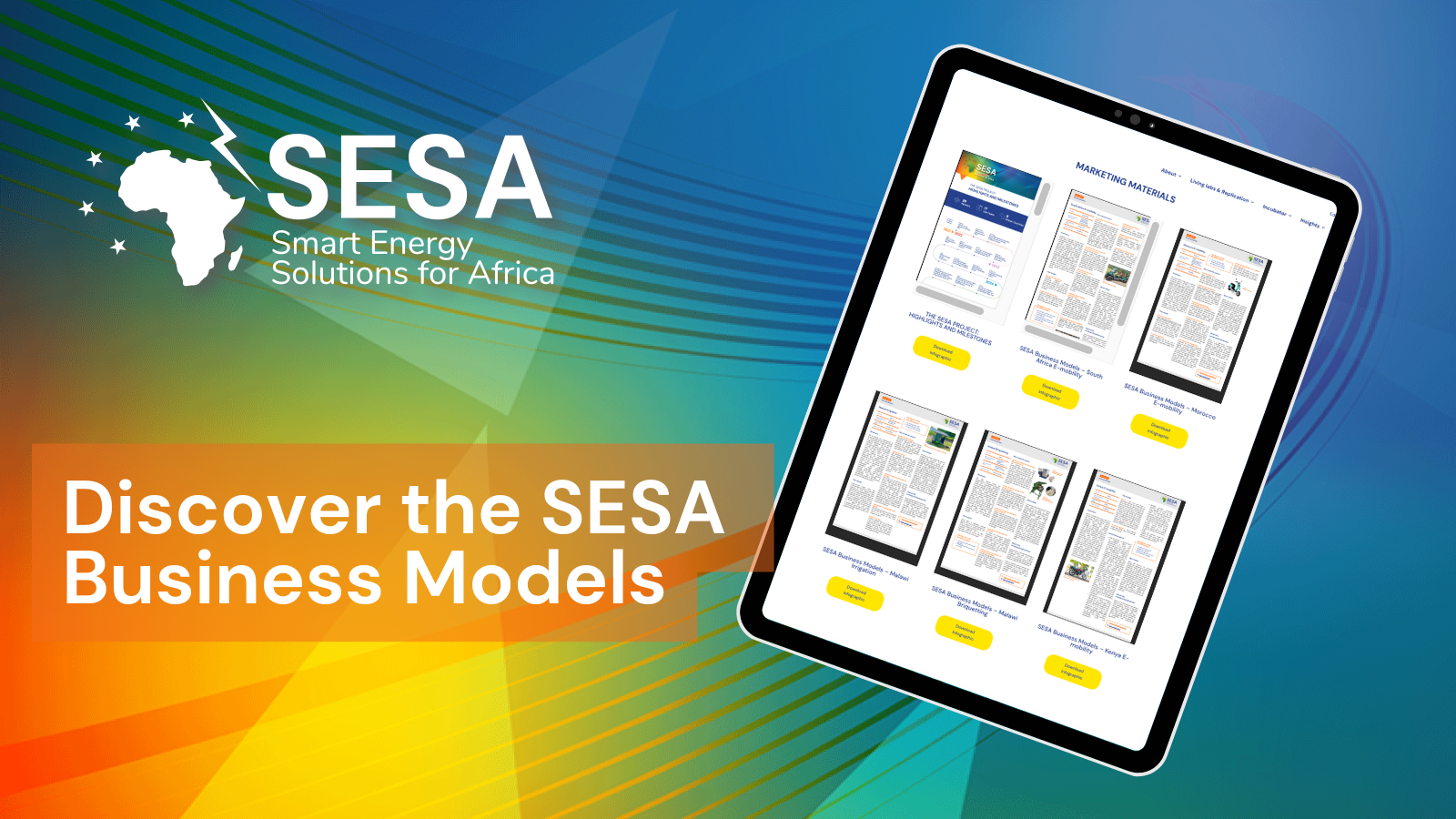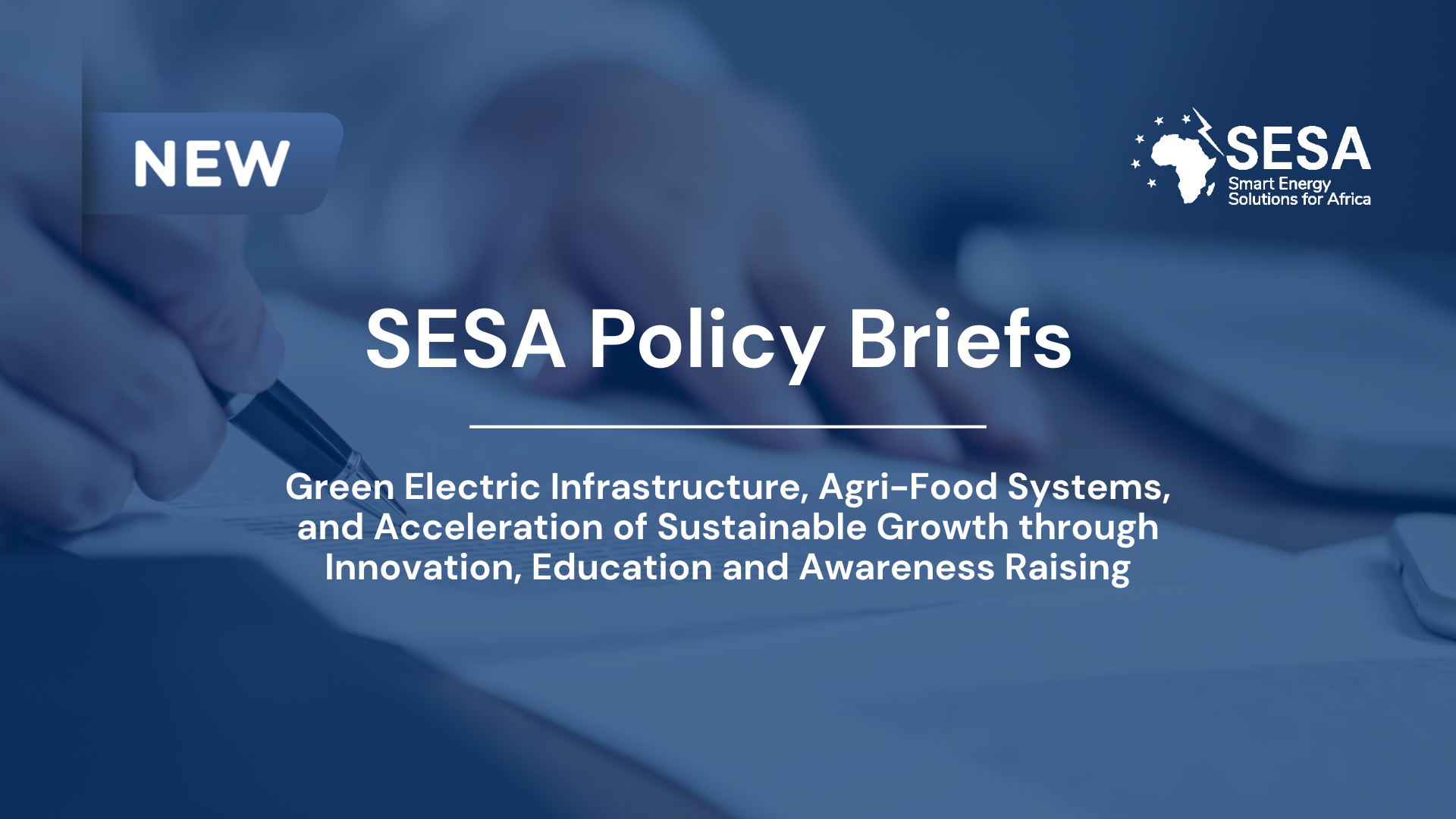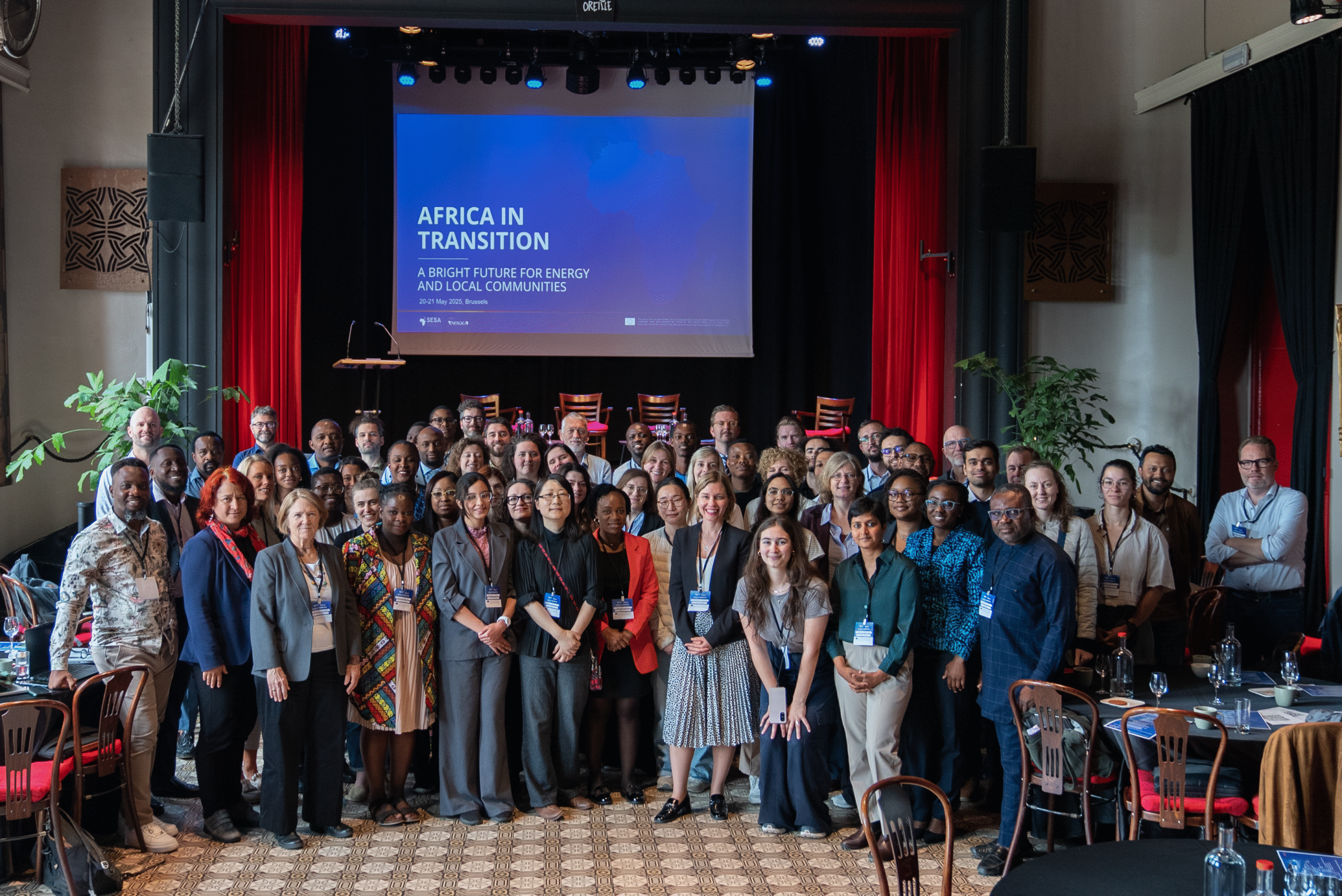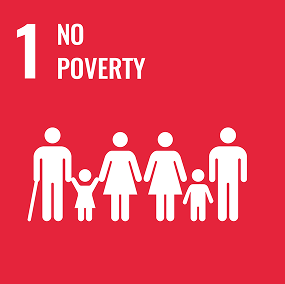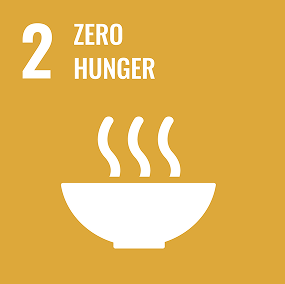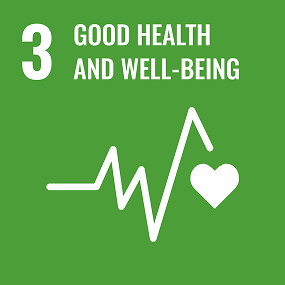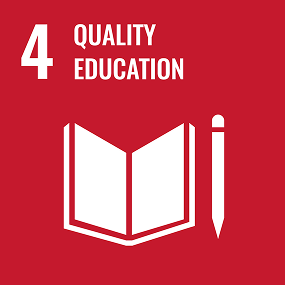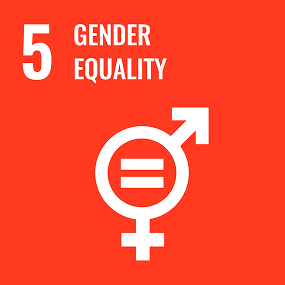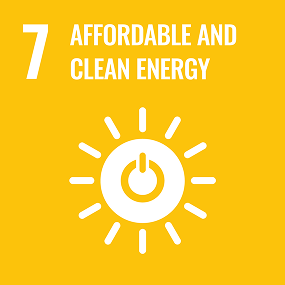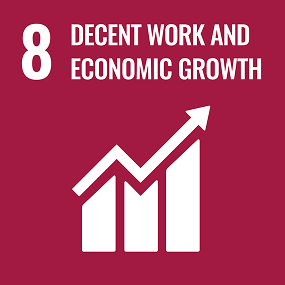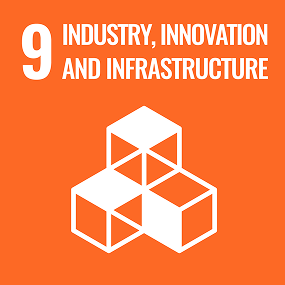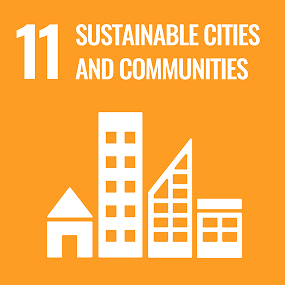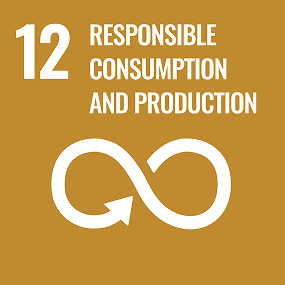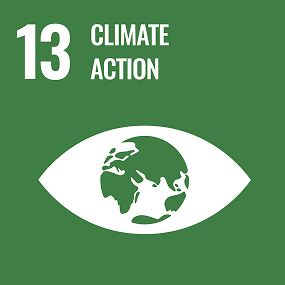What is SESA?
Smart Energy Solutions for Africa (SESA) is a collaborative project between the European Union and nine African countries (Ghana, Kenya, Malawi, Morocco, Namibia, Nigeria, Rwanda, South Africa and Tanzania ) that aims at providing energy access technologies and business models that are easily replicable and generate local opportunities for economic development and social cohesion in Africa.
Through several local living labs, it is expected to facilitate the co-development of scalable and replicable energy access innovations, to be tested, validated, and later replicated throughout the African continent.
These solutions will include decentralised renewables (solar photovoltaics), innovative energy storage systems including the use of second-life electric vehicle batteries, waste-to-energy systems, smart micro grids, climate-proofing, resilience and adaptation, and rural internet access.
Running from October 2021 until September 2025, SESA is the result of a strong partnership between leading European and African universities, research centres, industry actors, local governments, knowledge and implementation organisations and networks. These will be strengthened via peer-to-peer exchange, policy dialogues, regional and international events among others.
Partners
Use Cases
African countries
SESA Project SDGs Impact
During its lifetime the SESA project drove sustainable development by implementing sustainable energy solutions across Africa. Our innovations directly contribute to 15 of the United Nations Sustainable Development Goals, creating lasting social, economic, and environmental impact.
SESA Demonstration, Validation and Replication Sites
Latest News
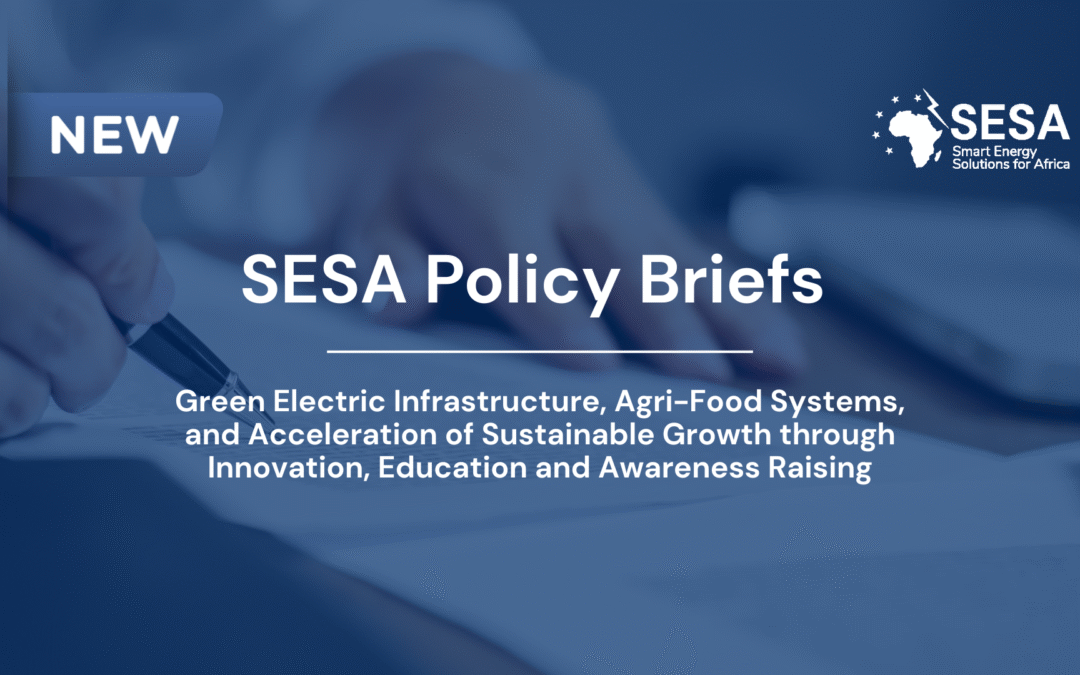
SESA Policy briefs on Green electric infrastructure, Agri-food systems, and Acceleration of sustainable growth through Innovation, Education and Awareness Raising
These policy briefs, informed by the Smart Energy Solutions for Africa (SESA) project, present key recommendations aligned with the ambitions of the African Union’s Agenda 2063, and the Paris Agreement. It aims to be a practical contribution to ongoing policy dialogue and development cooperation, particularly in support of the AU-EU Innovation Agenda and the EU- Africa Global Gateway Investment Package. It seeks to inform evidence-based policymaking by identifying replicable models, priority areas for regulatory reform, and targeted recommendations for supporting inclusive and sustainable energy transitions across Africa.
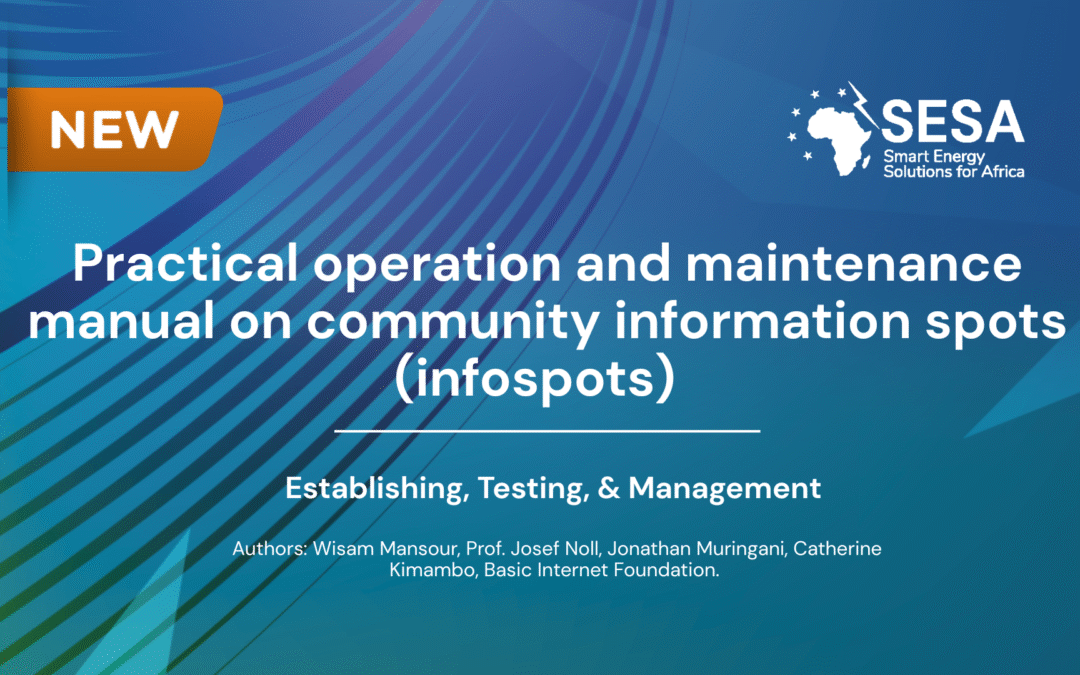
New publication: Practical operation and maintenance manual on community information spots (infospots)
This guide serves as an essential resource for system operators, community leaders, and everyday users. By empowering you with the knowledge to maintain your InfoSpot, we can ensure communities everywhere have the tools they need to thrive in a connected world.
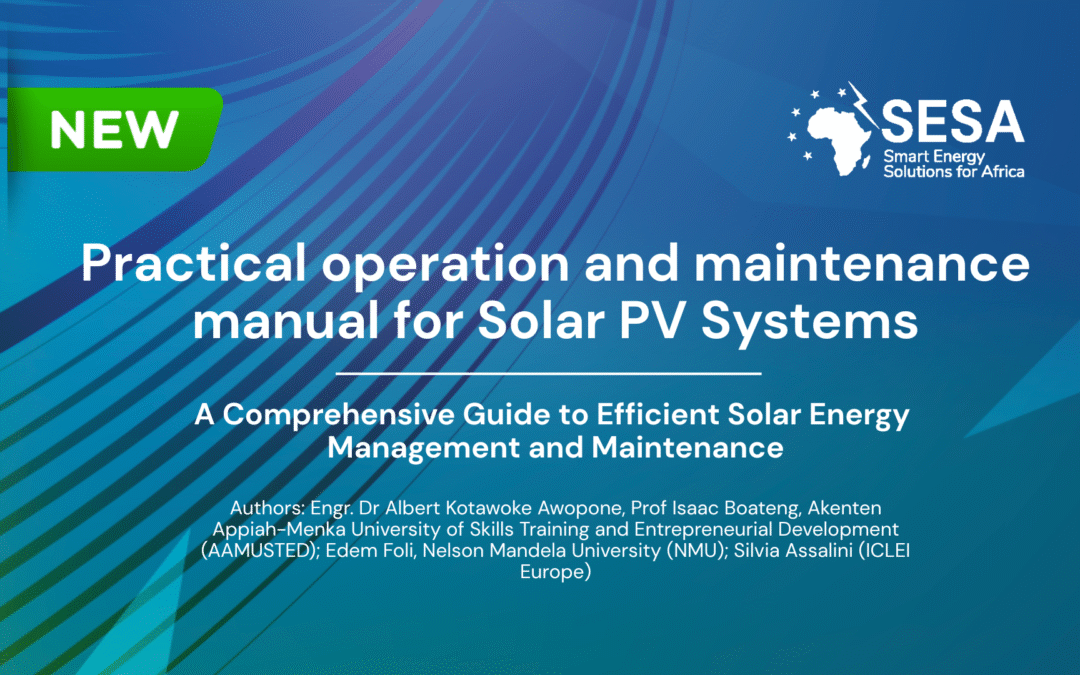
New publication: Practical operation and maintenance manual for Solar PV Systems
This capacity-building manual was developed as part of the SESA project – Smart Energy Solution for Africa, funded by Research & Innovation funds of the European Union. It is designed for technicians, small and medium-sized enterprises (SMEs) proprietors, and ordinary consumers.
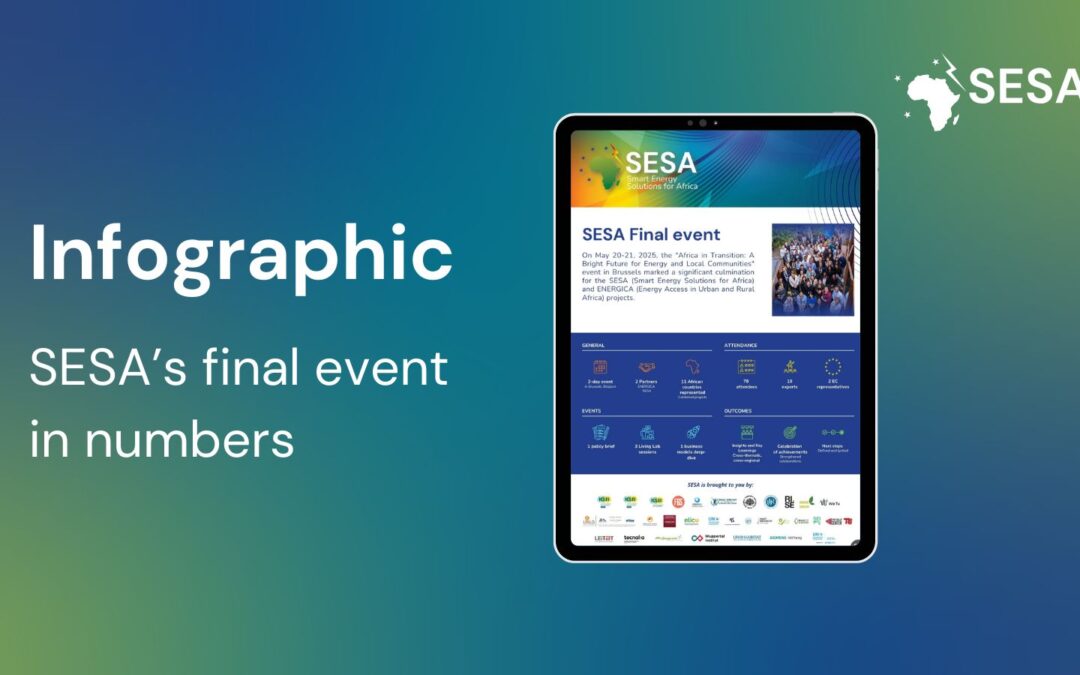
A clean energy mission in Africa: SESA final event’s impact in numbers
Check out our new infographic, providing a detailed look at the successful SESA final event in Brussels!
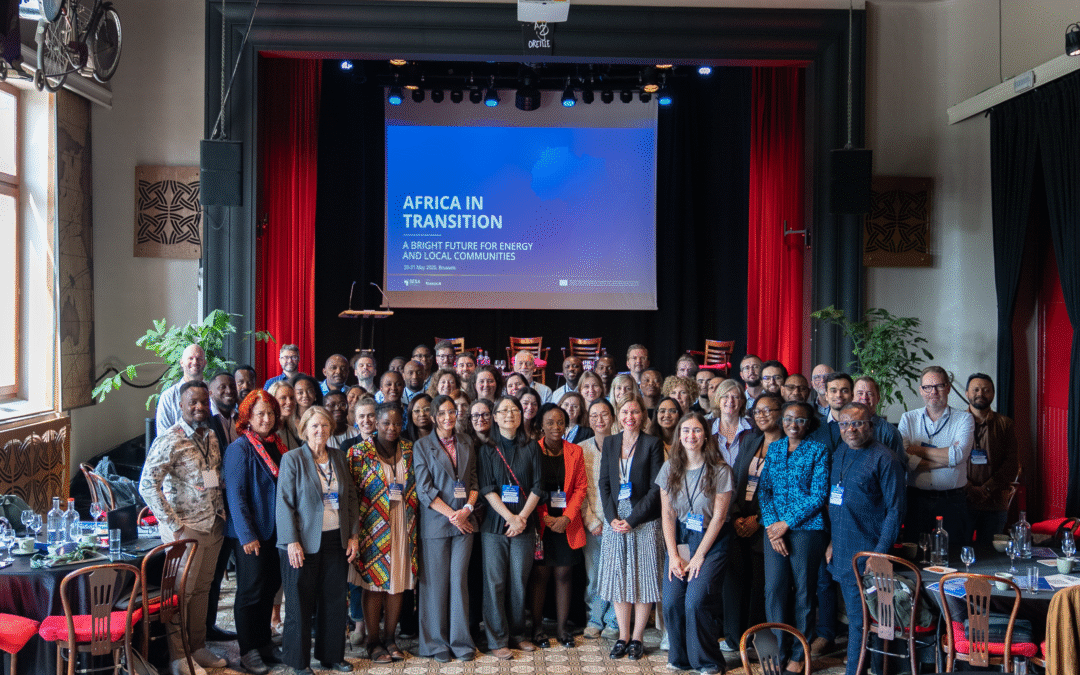
Mission Accomplished: Looking on our final event in Brussels and celebrating SESA’s contribution to African energy
Brussels, Belgium, will be the hub for discussions on the future of sustainable energy in Africa on 20-21 May, 2025
We are thrilled to present ‘Africa in Transition – A Bright Future for Energy and Communities,’ our major final event bringing together European and African ecosystem leaders, innovators, and policymakers!
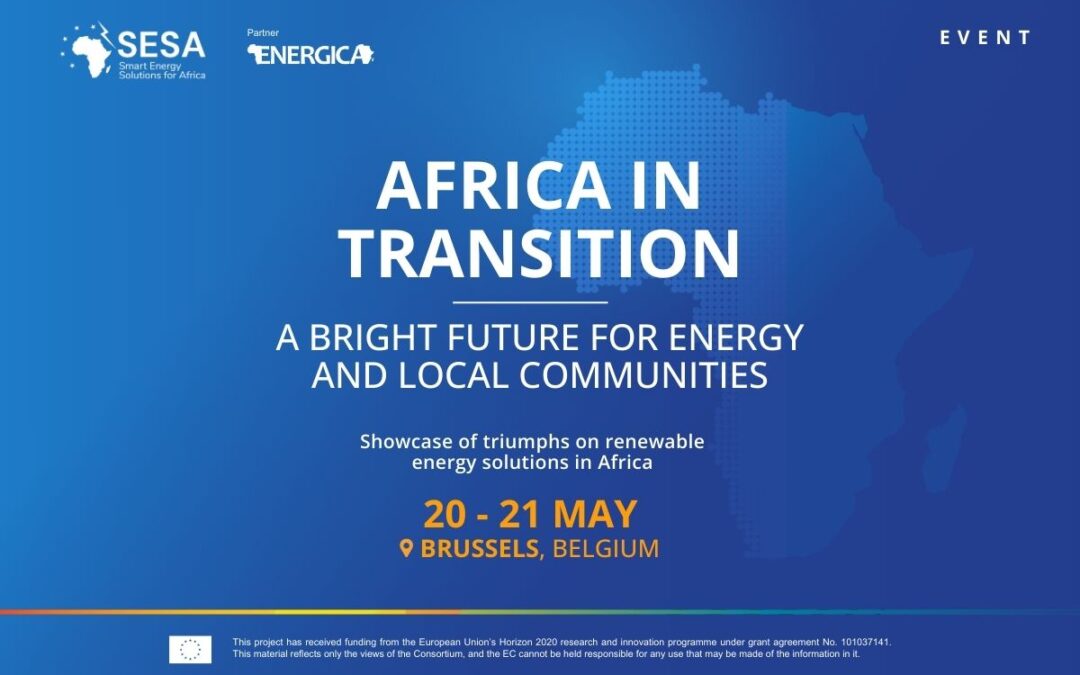
Join us for “Africa in transition – A bright future for energy and communities”, our final event in Brussels
Brussels, Belgium, will be the hub for discussions on the future of sustainable energy in Africa on 20-21 May, 2025
We are thrilled to present ‘Africa in Transition – A Bright Future for Energy and Communities,’ our major final event bringing together European and African ecosystem leaders, innovators, and policymakers!






